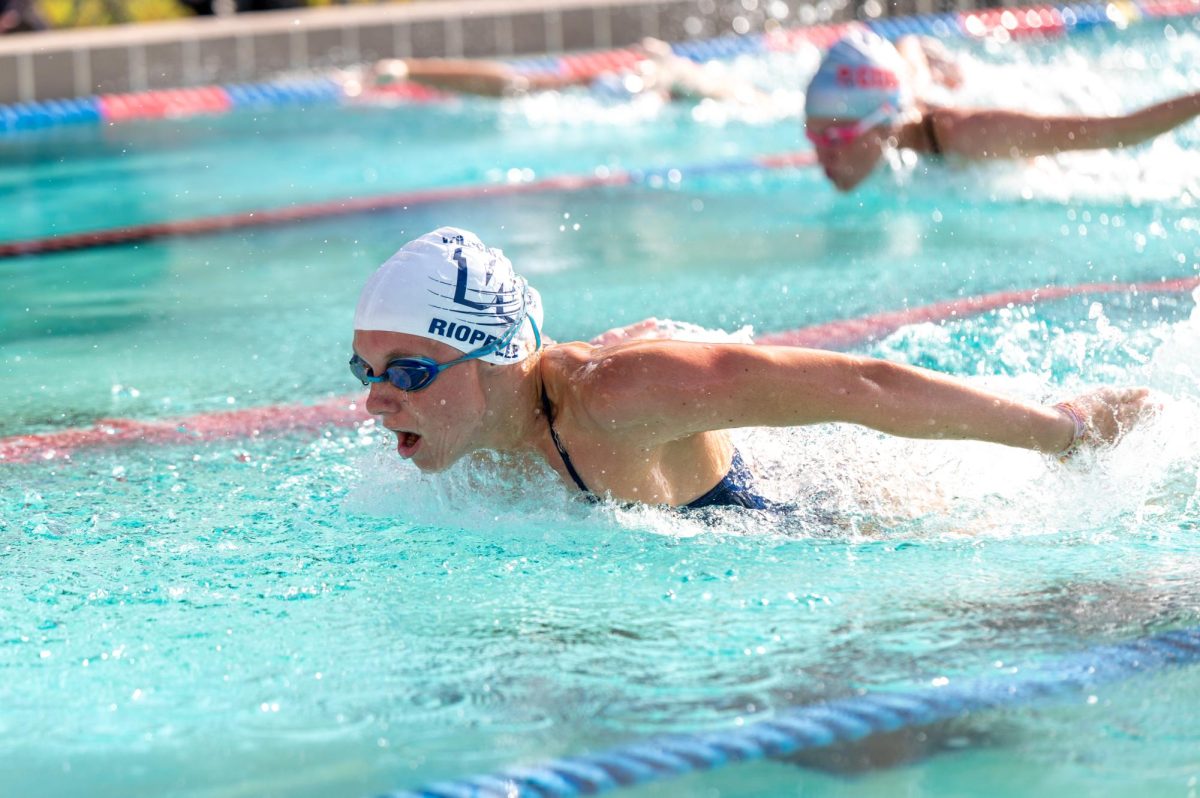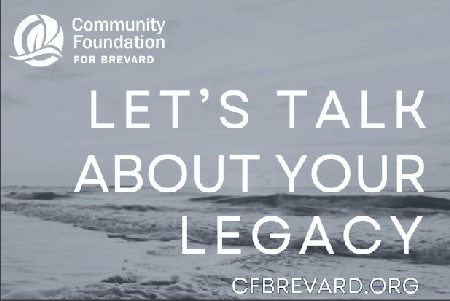New law makes texting while driving a primary offense
May 14, 2019
A proposal to make texting while driving a primary offense in the state of Florida was put into action April 29 when Gov. Ron DeSantis signed HB 107 into law. School Resource Officer Valerie Butler said she thinks this change was long overdue.
“I think this is how the law should’ve been initiated … previously on the first go-around,” she said. “Most states that passed these texting and driving laws made it a primary offense up front. Why Florida didn’t, I’m not sure.”
Moving the offense up from secondary to primary allows officers to pull over drivers who are texting while driving instead of only being able to charge them with texting while driving if pulled over due to a primary offense.
“I feel that it always should’ve been a primary offense because otherwise it’s very difficult to enforce,” Butler said.
The Florida Senate wanted to require drivers to not be able to touch their cell phones at all, but it didn’t garner enough support.
“I think [the no hands law should’ve been added],” Butler said. “If you think about texting while driving, the issue isn’t necessarily just texting and driving.The issue as a whole, I would call it distracted driving and anything can distract you, changing your music, thumbing through your playlist, scrolling through Instagram. It doesn’t necessarily have to be texting while driving [that distracts you.]”
Butler said she believes student driving will become safer because of the bill.
“If you look at the statistics as far as crash reports go, most distracted driving with cell phones being the distraction, the age group is juveniles, and high school students are a part of that,” she said. “I feel like overall while kids are commuting not just to and from school but out in there daily lives on the weekends and whatever else they’re doing it will make them safer.”
Those who disapproved of the bill cited that it could be used as a reason for officers to racially profile minorities.
“In my opinion, it’s just another traffic law,” Butler said. “Any traffic law in that regard could be used by officers to profile. I mean there’s hundreds of traffic laws and I don’t see how this one would be any different.”
To make sure profiling isn’t an issue, HB 107 requires officers to “record the race and ethnicity of a violator when issuing a citation.”
Sophomore Loren Nienajadlo appeared incredulous that someone would believe the new law wouldn’t make driving safer.
“Is this a serious question?,” he asked. “How does it not make the roads safer?”
Butler said she thinks this bill is a good thing.
“I think it’s a step in the right direction,” she said. “I hope there is some really good education to the community from law enforcement, which I think our police department intends to do. I hope they run some initiatives and start moving forward with decreasing the fatalities.”
Senior Hannah Kent, who has been driving for three years, said she has witnessed many incidents of texting while driving, with students outside and inside school campus.
“To be honest I have a very strong opinion on any form of impaired driving,” Kent said. “If you’re driving distracted, you might want to be reckless with your own life, but it’s not just you that you’re putting at risk. Texting and driving doesn’t just affect the person texting — it affects the person they hit, both families and friends and the community in general. It is an extremely selfish choice and I am very glad this bill is being passed because, until now, drivers have thought they could get away with it. Personally, I have almost been hit by somebody on their phone. Also, I believe people unfairly blame only teenage drivers for distracted driving. We are a product of our environment, and I’ve definitely observed adults texting and driving.”
Kent said the law will produce its intended effect.
“I believe this new law, if it is passed, will have a positive effect on drivers,” Kent said. “Teenage and adult drivers will face a higher risk of punishment and will therefore be more inclined to keep their eyes on the road.”
Freshman Chloe Pratt doesn’t plan to start driving until July.
“I don’t plan on texting while driving because it is bad and … it should not be done, because parents shouldn’t, from the start, set bad examples for their children.” Pratt said. “My parents text and drive, so I will not because I have learned that everything my parents do while driving, and to become a good driver for myself, I need to do the exact opposite of what they do.”
By Michael Stewart
(Annelise Williams contributed to this report)



















































